Related Research Articles
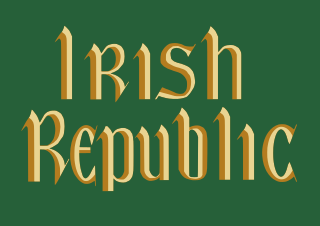
Sinn Féin is an Irish republican and democratic socialist political party in both the Republic of Ireland and Northern Ireland.

Arthur Joseph Griffith was an Irish writer, newspaper editor and politician who founded the political party Sinn Féin. He led the Irish delegation at the negotiations that produced the 1921 Anglo-Irish Treaty, and served as the president of Dáil Éireann from January 1922 until his death later in August.
Michael Joseph Hayes was an Irish Fine Gael politician who served as Ceann Comhairle of Dáil Éireann from 1922 to 1932, Minister for Foreign Affairs from August 1922 to September 1922 and Minister for Education January 1922 to August 1922. He served as a Teachta Dála (TD) for the National University constituency from 1921 to 1933. He was a Senator from 1938 to 1965.
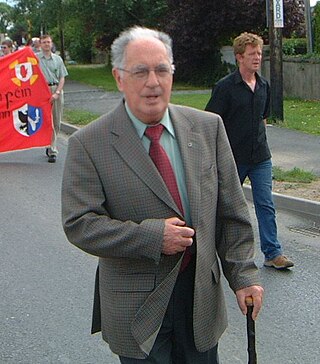
Ruairí Ó Brádaigh was an Irish republican political and military leader. He was Chief of Staff of the Irish Republican Army (IRA) from 1958 to 1959 and again from 1960 to 1962, president of Sinn Féin from 1970 to 1983, and president of Republican Sinn Féin from 1987 to 2009.
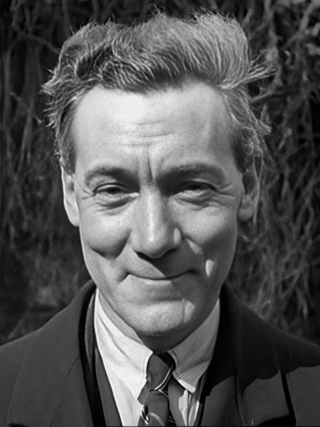
Patrick Joseph Ruttledge was an Irish Fianna Fáil politician who served as Minister for Local Government and Public Health from 1939 to 1941, Minister for Justice from 1933 to 1939, Minister for Lands and Fisheries from 1932 to 1933 and Vice President of Sinn Féin from 1923 to 1926. He served as a Teachta Dála (TD) from 1921 to 1951.
Patrick John Little was an Irish Fianna Fáil politician. A founder-member of the party, he served in a number of cabinet positions, most notably as the country's longest-serving Minister for Posts and Telegraphs.
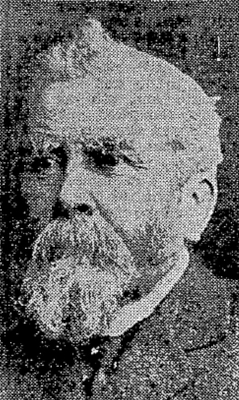
John Sweetman was an Irish nationalist politician who served as an Anti-Parnellite Irish National Federation Member of Parliament (MP) in the 1890s, but later radicalised. He was one of the founders of Sinn Féin and was the party's president from 1908 to 1911.
Abstentionism is standing for election to a deliberative assembly while refusing to take up any seats won or otherwise participate in the assembly's business. Abstentionism differs from an election boycott in that abstentionists participate in the election itself. Abstentionism has been used by Irish republican political movements in the United Kingdom and Ireland since the early 19th century. It was also used by Hungarian and Czech nationalists in the Austrian Imperial Council in the 1860s.
Sinn Féin is the name of an Irish political party founded in 1905 by Arthur Griffith. It became a focus for various forms of Irish nationalism, especially Irish republicanism. After the Easter Rising in 1916, it grew in membership, with a reorganisation at its Ard Fheis in 1917. Its split in 1922 in response to the Anglo-Irish Treaty which led to the Irish Civil War and saw the origins of Fianna Fáil and Fine Gael, the two parties which have since dominated Irish politics. Another split in the remaining Sinn Féin organisation in the early years of the Troubles in 1970 led to the Sinn Féin of today, which is a republican, left-wing nationalist and secular party.
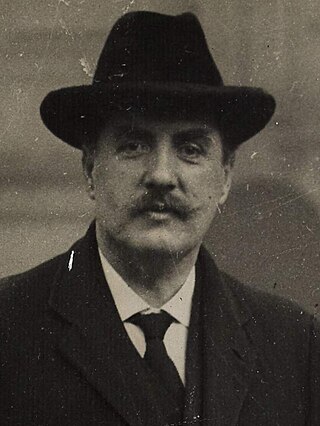
Seán O'Mahony was an Irish Sinn Féin politician and member of the First and Second Dáil.
John Joseph Clancy was an Irish politician and Sinn Féin Teachta Dála (TD) of the First Dáil for Sligo North from 1918 to 1921.
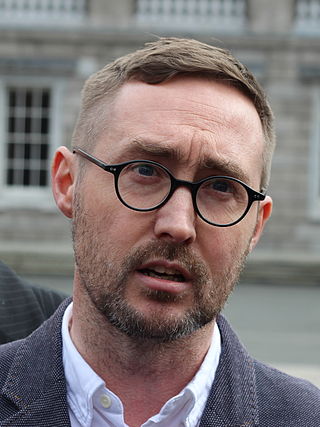
Eoin Ó Broin is an Irish Sinn Féin politician and writer who has been a Teachta Dála (TD) for Dublin Mid-West constituency since the 2016 general election.

Desmond Ellis is an Irish Sinn Féin politician who has been a Teachta Dála (TD) for the Dublin North-West constituency since the 2011 general election. During the 1970s and 1980s Ellis was a member of the Provisional IRA until his arrest in Ireland in 1981. Ellis subsequently fled Ireland before being recaptured in the United States and returned to Irish authorities. In 1983 Ellis was found guilty of possessing materials used to make explosive devices for the IRA and was sentenced to 10 years imprisonment by an Irish court. In 1990 Ellis was the first person extradited from the Republic of Ireland to the United Kingdom under the 1987 Extradition Act, on charges of terrorism on charges related to the 1982 Hyde Park and Regent's Park bombings as well as the 1983 Harrods bombing, however Ellis was acquitted of these charges in 1991. Ellis moved into constitutional politics in 1999 when he was elected to Dublin City Council, a position he held until he was elected to his current position as a Teachta Dála.

Thomas Kelly was an Irish Sinn Féin and later Fianna Fáil politician. He was a book and picture dealer before entering politics. He was a founder member of Sinn Féin and was elected to Dublin City Council in 1899. Kelly was arrested after the 1916 Easter Rising and sent to prison in England, and after becoming seriously ill, he was released back to Dublin.
Tomás Ó Dubhghaill was President of Sinn Féin from 1952 to 1954 and a Sinn Féin vice-president until his death.
Patrick Joseph Cahill was an Irish Sinn Féin politician and newspaper editor.

Donal O'Callaghan was an Irish Sinn Féin politician and Lord Mayor of Cork from 1920 to 1924.

Séamus Doyle was an Irish Sinn Féin politician. He had previously been a brigade adjutant of the Irish Volunteers in the 1916 Easter Rising in Enniscorthy, being was one of the officers who went under military escort to Dublin to receive from Patrick Pearse the order to surrender. After the Rising he was sentenced to death, which later was commuted to a five-year period of imprisonment. He was imprisoned in Ireland and England from his arrest in 1916 to June 1917 when released. He arrested in December 1920, and detained until July 1921 following his election to the Dáil.
The 1918 East Cavan by-election was a parliamentary by-election held for the United Kingdom House of Commons constituency of East Cavan on 20 June 1918. The election was caused by the death of the sitting member, Samuel Young of the Irish Parliamentary Party.
References
- ↑ "Obituary: Mr L. Raul", Irish Times , 29 November 1945
- ↑ "Arrest of Mr Laurence Raul", Irish Times , 25 November 1922
- ↑ "Sinn Fein officers", Irish Times , 3 October 1933